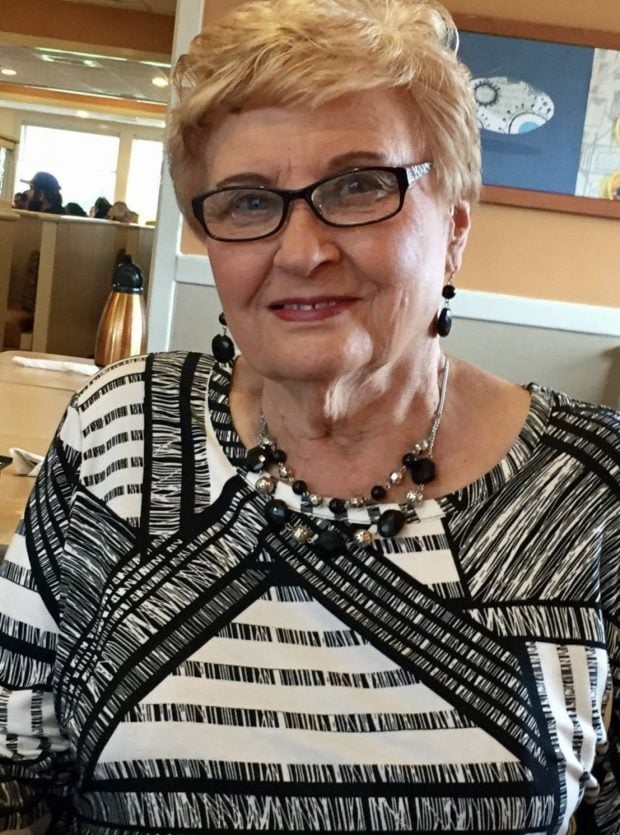 Florence Rogers
Florence Rogers
Credit/Oklahoma City National Memorial & Museum
Florence Rogers, who survived the 1995 Oklahoma City bombing and led the rebuilding of Federal Employees Credit Union's sole branch, which was destroyed by the domestic terrorist attack, passed away on Feb. 11 at the age of 88.
"Florence led us through the darkest of times, and we emerged stronger on the other side, thanks to her unwavering leadership. She earned the nickname Mother Goose, because although she was tough, she loved all her employees and treated them as if they were her own," Allegiance Credit Union President/CEO Amy Downs said in a prepared statement on Monday. Downs also survived the Oklahoma City bombing.
Recommended For You
"She will be greatly missed, but her legacy of strength and compassion will continue to inspire us," she said. FECU changed its name to Allegiance in 2003.
On April 19, 1995, Rogers, then president/CEO of FECU, was conducting a meeting at the branch inside the Alfred P. Murrah Federal Building when a truck bomb exploded. Buried under the bomb's debris, she was rescued by firefighters. The terrorist attack killed 18 FECU employees, a board member and a credit union committee member.
Just two days after the bombing, with only three FECU employees and the aid of about 60 volunteers from more than 20 credit unions, FECU reopened for business in a temporary location.
In a 2017 interview with CU Times, Rogers said she never considered not opening up the credit union again.
"It would have been safe to have another credit union take us over," she said. "Looking back, I'm thinking it would have been so easy to say 'Hey, we can't do it. Let another credit union pick up the pieces.' I've been asked many times before by reporters and my answer was always, 'I didn't know I had any other options.'"
For 27 more months, Rogers continued leading the credit union until her retirement in 1997 after 33 years of service. She joined the credit union in 1964 and was appointed office manager in 1971. By 1983, she was named CEO.
After the bombing, she traveled the world from Australia to Africa, telling her story of perseverance and survival.
She said her speeches focused on the value of life and what truly matters.
"You never know when you might not come home from an ordinary day. I found my priorities changing," Rogers said. "At one time, a job would be the first thing on my priorities list, and then family would fall down somewhere. I found myself moving family up to number one. It makes me feel good to think I've touched lives. After watching a Holocaust survivor speak, I went up and asked her, 'When do I know when to stop?' She said, 'As long as you feel like you're touching lives, keep telling your story.'"
Rogers was instrumental in the process of establishing the Oklahoma City Memorial and Museum.
"Even in her great pain she had an optimistic view of life and incredible sense of humor," the museum said in a prepared statement.
Funeral arrangements are being handled by Resthaven Funeral Home and Memorial Gardens in Oklahoma City.
© Touchpoint Markets, All Rights Reserved. Request academic re-use from www.copyright.com. All other uses, submit a request to [email protected]. For more inforrmation visit Asset & Logo Licensing.







